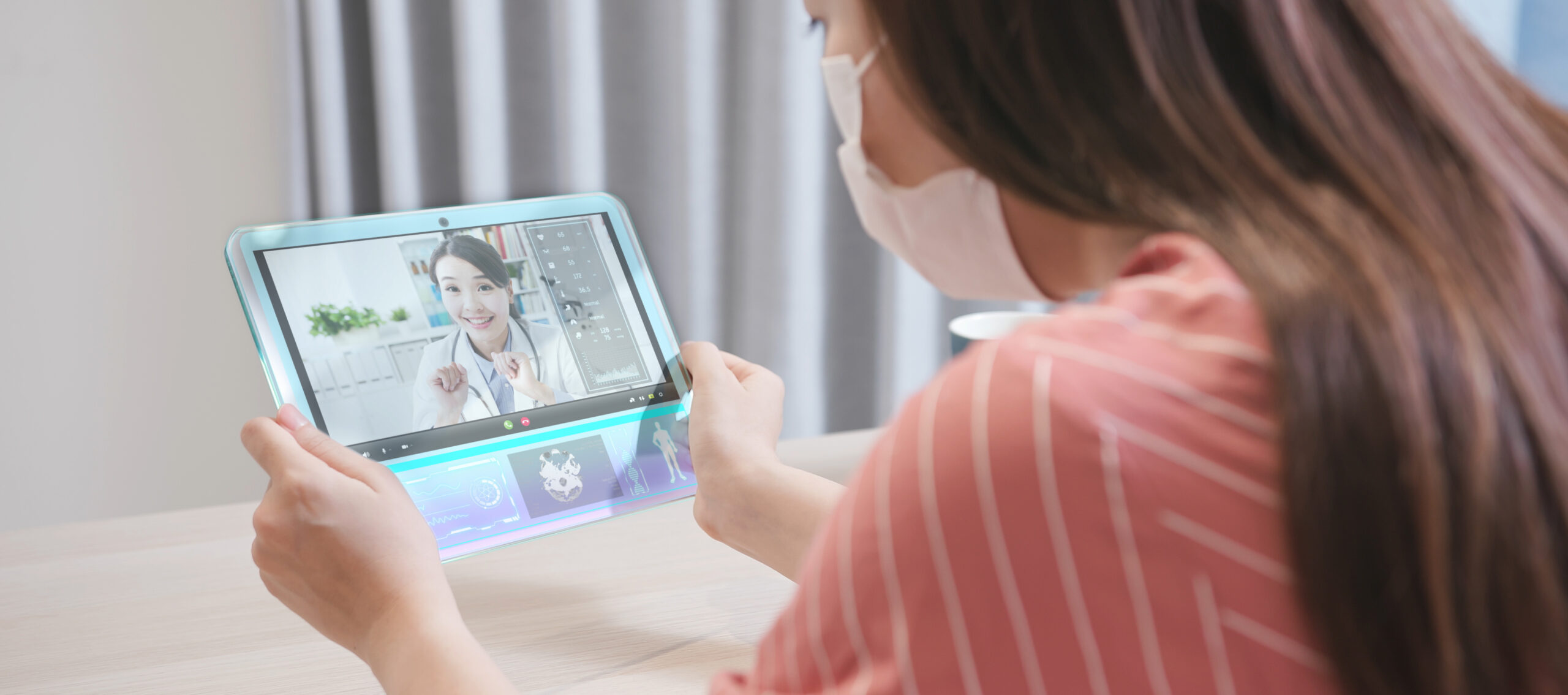What is Retail Healthcare?
Retail healthcare is revolutionizing how individuals access and experience health services by making them more convenient and accessible. Retail health clinics (RHCs) are strategically located in high-traffic settings such as pharmacies, grocery stores, and shopping centers. These clinics cater to non-emergency healthcare needs, including managing chronic or acute conditions, treating minor illnesses and injuries, and providing basic testing. Staffed by nurse practitioners and physician assistants, RHCs offer a streamlined alternative to traditional medical facilities, while more urgent or complex cases still require fully equipped emergency healthcare centers.
Why Retail Healthcare is Gaining Momentum
Convenience and Affordability for Consumers
RHCs offer an attractive alternative to traditional healthcare options by eliminating several common pain points, such as scheduling doctor appointments and long waiting times at hospitals. For consumers, the ability to address minor health concerns while shopping creates unparalleled accessibility and time savings.
Growing Opportunities for Businesses
From a business standpoint, retail healthcare has unlocked significant market opportunities. According to industry reports, the U.S. retail clinic market was valued at $3.49 billion in 2022, with over 2,000 clinics, largely located in metropolitan areas. Claims received by retail health clinics have increased by an impressive 200% since 2017, exceeding growth rates for traditional healthcare settings such as physician practices, urgent care centers, and emergency departments.
Looking ahead, projections indicate that retail health clinics and other non-traditional players could command up to 30% of the $260 billion primary-care market by 2030.
Key Players and Their Impact
Major retail healthcare companies such as CVS, Kroger, and Amazon are redefining how healthcare is delivered. Their offerings go beyond walk-in clinics to include services like telenutrition, health plans, prescription delivery, in-home care, and mobile clinics, making them leaders in the rapidly expanding healthcare retail strategy.
Retail Healthcare and the Role of CX
An integral reason for the rapid adoption of retail healthcare lies in its synergy with customer experience (CX) best practices. Prioritizing ease, accessibility, and customer-centric solutions, RHCs have mastered the art of consumer engagement.
Hallmarks of CX Excellence in Retail Healthcare
- Omnichannel Experience: RHCs seamlessly integrate online scheduling, telemedicine, digital payments, and patient portals to offer end-to-end convenience.
- Personalized Services: By employing data-driven approaches, RHCs tailor their offerings to meet the unique needs of individual patients.
- Efficiency in High-Volume Environments: Retail healthcare providers streamline operations to manage large patient volumes without compromising quality.
Impactful CX in Practice
Take the example of Inspiro, a CX provider that partnered with the Philippine division of a European health insurer. Facing high abandonment rates and scalability challenges due to the cost of hiring specialized staff, Inspiro implemented strategic CX solutions that reduced the abandonment rate from 15% to 5%, while improving service levels from 40% to 97%. By hiring and upskilling 31 full-time employees, they effectively demonstrated how healthcare CX consulting can optimize costs, boost patient satisfaction, and achieve operational excellence.
Strategic Implications for CX Professionals
The rise of retail healthcare presents a unique opportunity for CX professionals to play a pivotal role in reshaping patient care standards. Here are some key takeaways for CX experts operating in this domain:
- Adopt a Customer-Centric Approach
Focus on leveraging healthcare CX consulting strategies to understand patient needs and provide seamless, accessible services.
- Implement Forward-Thinking Technologies
Utilize AI, data analytics, and omnichannel platforms to deliver personalized care experiences and streamline services.
- Collaborate Across Traditional and Retail Healthcare Models
Help bridge the gap between traditional providers and retail competitors to elevate care standards industry-wide.
By aligning with the needs of both retail healthcare companies and consumer-patients, CX professionals have a chance to lead the transformation of healthcare delivery and add tangible business value to their organizations.
Call to Action for Business Professionals
Retail healthcare is reshaping the industry by bringing convenience, efficiency, and customer-centric innovations to the forefront. With the market poised for significant growth, organizations seeking to remain competitive need to adopt a robust healthcare CX strategy.Whether you’re looking to refine your existing patient engagement processes or explore new strategies for entering the retail healthcare space, our team of experts at Inspiro is here to help. Contact us for customized healthcare CX consulting and unlock the full potential of this growing industry.




